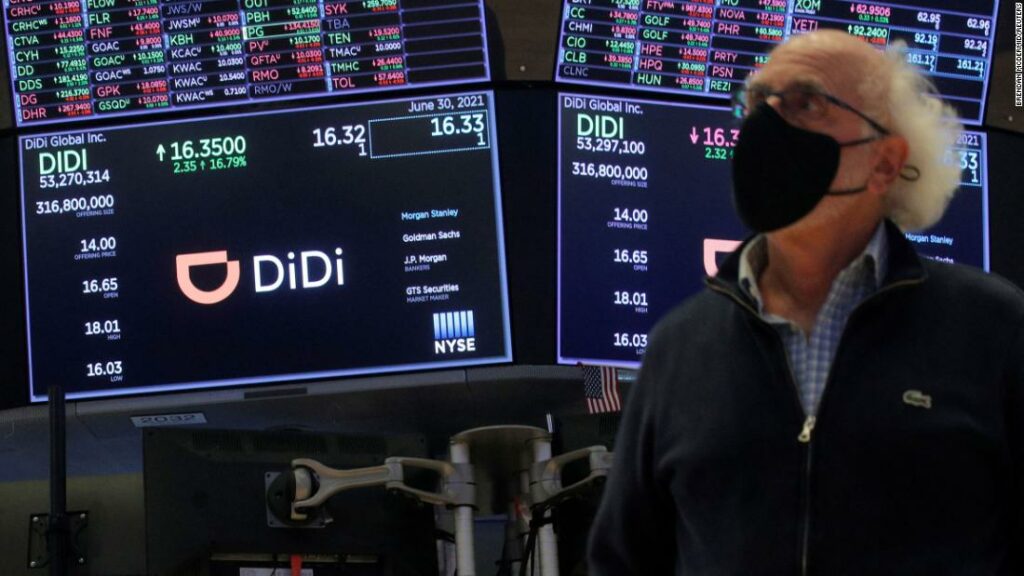China will tighten rules on overseas IPOs, but won’t ban them entirely

The securities regulator proposed late Friday that any firm that wants to go public in another country has to register with the agency first, and then meet a set of requirements set forth by government officials. “Domestic enterprises issuing and listing overseas shall strictly abide by laws, regulations and relevant provisions on national security such as foreign investment, cybersecurity and data security, and earnestly fulfill the obligations of national security protection,” the China Securities Regulatory Commission said in its proposal. It made clear that companies may be blocked from holding foreign initial public offerings if authorities deem them threats to national security, and added that companies may be required to divest some assets “to eliminate or avoid the impact of overseas issuance and listing on national security.”The draft rules, which are open for public feedback until late January, come after weeks of speculation about when and how Beijing might tighten its scrutiny over IPOs. Washington has also enacted audit rules that could affect Chinese firms, a sign of continuing tensions between the United States and China.Earlier this month, the Didi became a poster child of Beijing’s tech crackdown earlier this year, when the government banned it from app stores just days after its June IPO on the New York Stock Exchange. Authorities at the time accused Didi of breaking privacy laws and posing cybersecurity risks. Their actions were also widely seen as punishment for the company’s decision to go public overseas instead of in China. In the weeks after the IPO, Beijing proposed that companies with data on more than 1 million users seek approval before listing overseas. The pressure isn’t just coming from Beijing. Earlier this month, the US Securities and Exchange Commission finalized rules that would allow it to delist foreign firms that refuse to open their books to US regulators. China has for years rejected US audits of its firms, citing national security concerns.The uncertainty appears to be weighing on some firms. Earlier this month, Didi announced that it would “immediately” start the process of delisting from the New York Stock Exchange and pivot to Hong Kong.Several other US-listed firms, including Baidu (BIDU), NetEase (NTES) and JD.com, also now trade in Hong Kong, but none of those big names have yet to mirror Didi’s decision to pull out of New York entirely.– CNN’s Beijing bureau contributed to this report.







